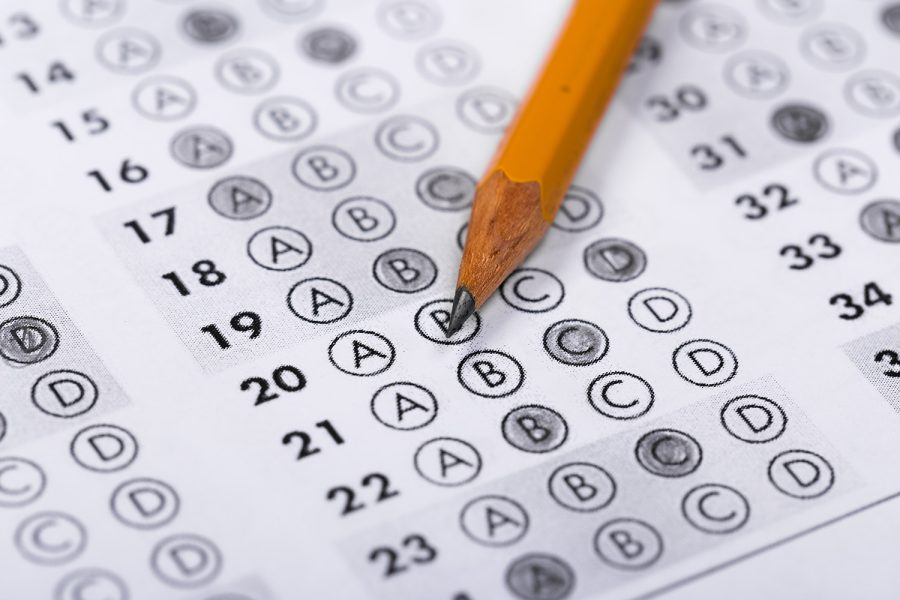Midterm exam season is arguably the most stressful time of the semester for many students.
While college students should be patting themselves on the backs for making it halfway through the semester, some are instead hunkering down to memorize nine weeks of material in one weekend.
On top of re-learning material in a short amount of time, the UI continues with regular schedules during the midterm exam period.
Professors should consider alternative assessment methods that are more inclusive and spread out throughout the semester, such as projects or group presentations. By prioritizing the students’ overall academic performance and wellbeing, college education can be more effective and beneficial.
Midterm exams are supposed to be indicators of a student’s progress and retention in a course. Instead, these high-pressure exams realistically only measure one’s ability to take a test.
Creating a variety of spaced-out assessments to replace traditional midterms could be beneficial not only for stressed-out students but also for the professor, who could gain more thorough appraisal of a student’s ability.
A significant reason to reconsider the current system of midterm exams is the mental health of the students. According to the National Library of Medicine, “test anxiety impacts all students regardless of background, and learners with high anxiety have been shown to have deficits in the encoding and retrieval of information.”
Unfortunately, test anxiety is often overlooked as simply a normal reaction to college assessments. This outlook not only undermines a real issue but also adds to the stigma that often prevents students from seeking the help they need.
Along with school pressure, many students have commitments outside of college that can add to one’s inability to do well on midterms.
As of 2022, 70 percent of college students have a job, according to the Georgetown Center on Education and the Workforce. Some students who work jobs are low-income students who may have little authority over their work schedules. About 50 percent of low-income college students work 15 hours or more per week.
When students take final exams, their metacognition is impacted negatively because they are not allowed to fix their wrong answers and learn from them. Many professors only provide students with a look at their finalized grades so that they are unable to see what they got wrong on the test.
Education is supposed to emphasize the necessity of learning from our mistakes to improve our knowledge. High-stakes exams such as midterms only teach students to avoid mistakes at all costs.
If exams are necessary for a course, smaller assessments could be spread throughout the semester as opposed to piling all of them in one week which leads to unnecessary pressure to cram information and can disrupt one’s work and study schedules.
Additionally, instead of midterms, tests, projects, or group presentations can be preferable for many students. Creating options for students to choose between written tests, projects, or presentations is a simple way to make assessments more equal and tailored to a student’s learning method.
The current midterm system can be an unnecessarily stressful period for college students, particularly those who have other commitments outside of school. Test anxiety, mental health concerns, and a lack of inclusivity are some of the challenges associated with traditional midterm exams.
Columns reflect the opinions of the authors and are not necessarily those of the Editorial Board, The Daily Iowan, or other organizations in which the author may be involved.










